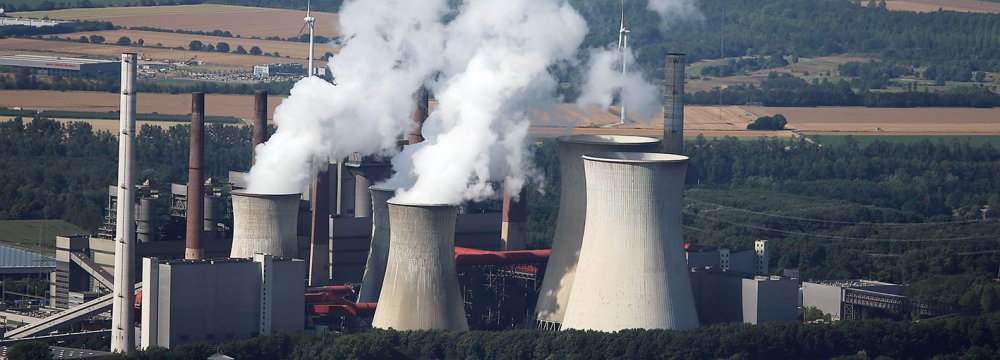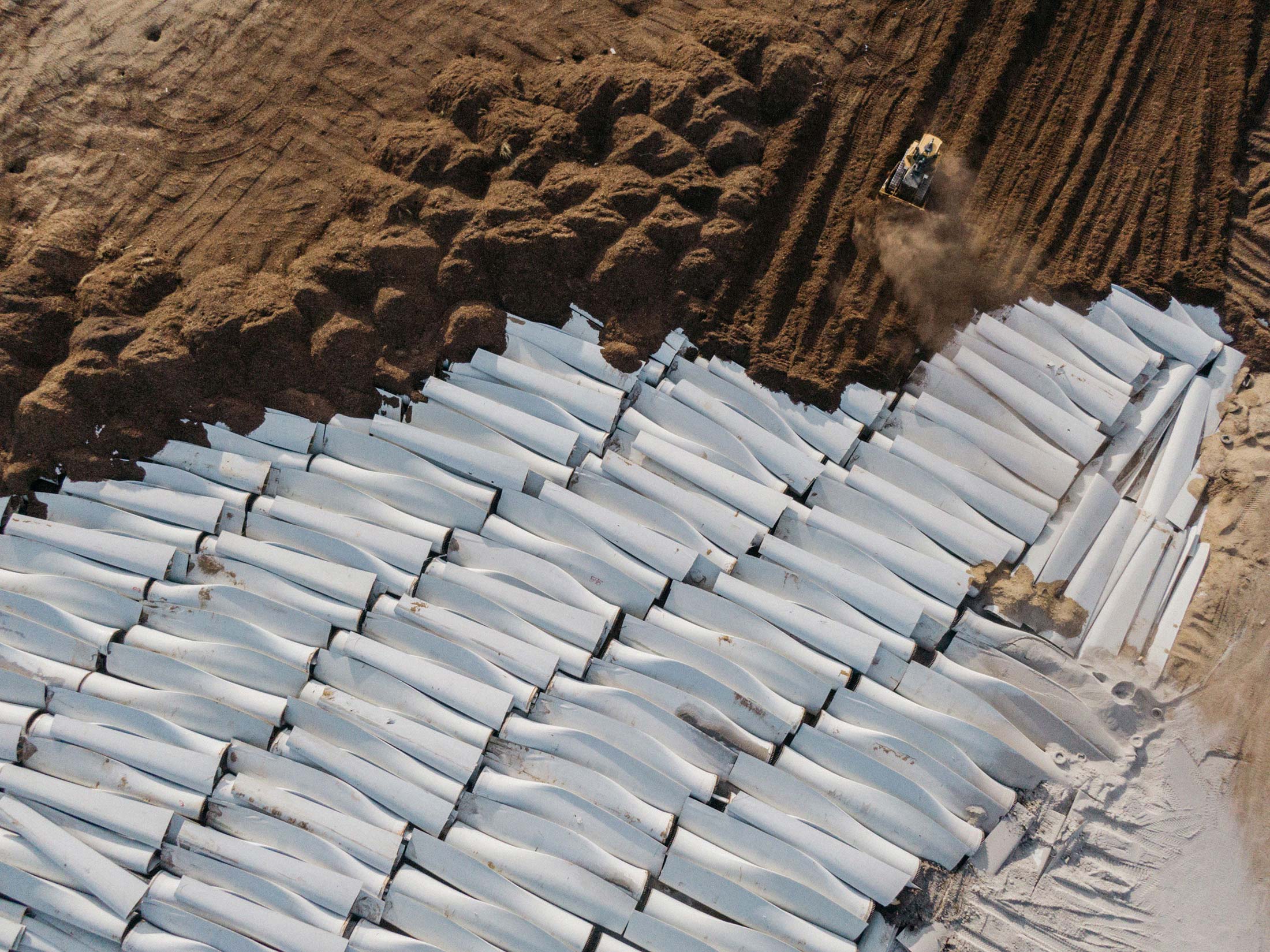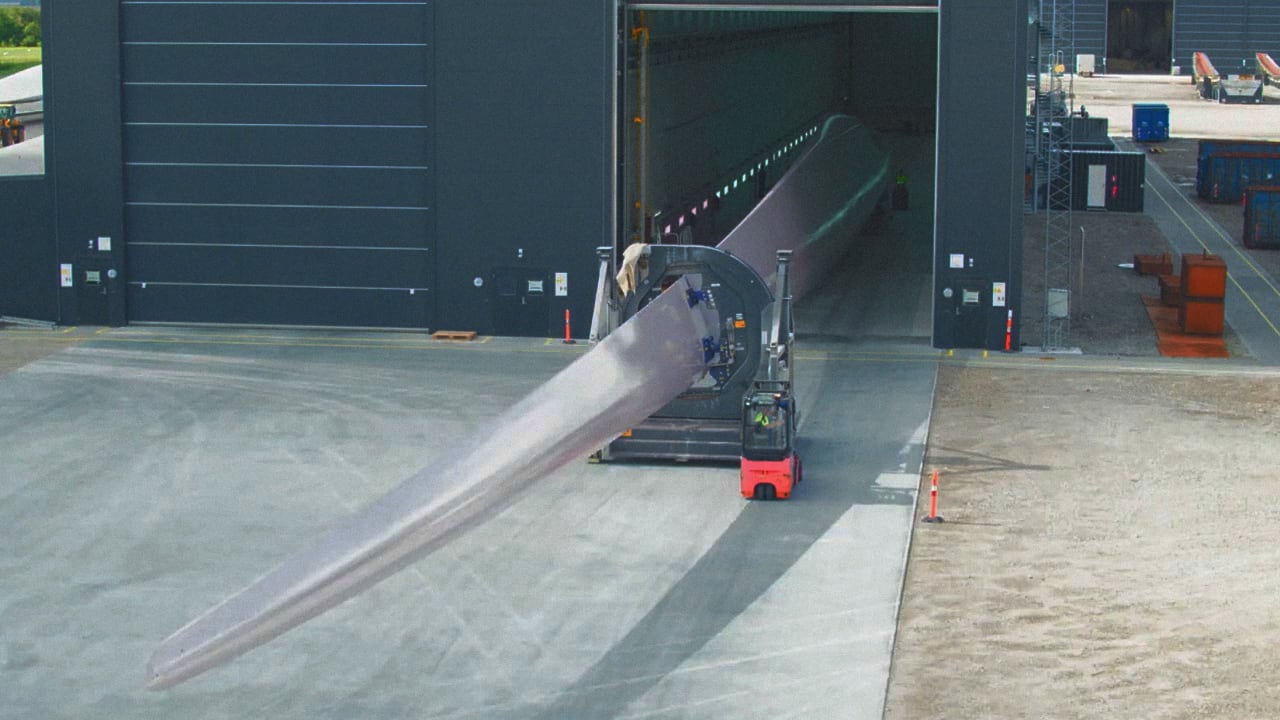I figured they could sink them and use them as artificial reefs
plenty of use for the turbine blades and companies are now reusing them in different ways. I didn’t want to post the 3-4 articles about the companies creative efforts. It‘s a question of economics and cost. The older wind turbines in Europe are now being brought down.
Here’s a major problem. Our solution is to blame China for not taking US plastic garbage.
Laura Leebrick, a manager at Rogue Disposal & Recycling in southern Oregon, is standing on the end of its landfill watching an avalanche of plastic trash pour out of a semitrailer: containers, bags, packaging, strawberry containers, yogurt cups.
None of this plastic will be turned into new plastic things. All of it is buried.
"To me that felt like it was a betrayal of the public trust," she said. "I had been lying to people ... unwittingly."
Rogue, like most recycling companies, had been sending plastic trash to China, but when China shut its doors two years ago, Leebrick scoured the U.S. for buyers. She could find only someone who wanted white milk jugs. She sends the soda bottles to the state.
But when Leebrick tried to tell people the truth about burying all the other plastic, she says people didn't want to hear it.
I remember the first meeting where I actually told a city council that it was costing more to recycle than it was to dispose of the same material as garbage," she says, "and it was like heresy had been spoken in the room: You're lying. This is gold. We take the time to clean it, take the labels off, separate it and put it here. It's gold. This is valuable."
But it's not valuable, and it never has been. And what's more, the makers of plastic — the nation's largest oil and gas companies — have known this all along, even as they spent millions of dollars telling the American public the opposite.
There so much plastic that they now discovered plastic in people blood stream. You wonder why your relative has cancer?
Evidence of microplastics in human blood requires study to understand health concerns. Production of the life-changing technology looks to quadruple by 2050.

www.marketwatch.com





